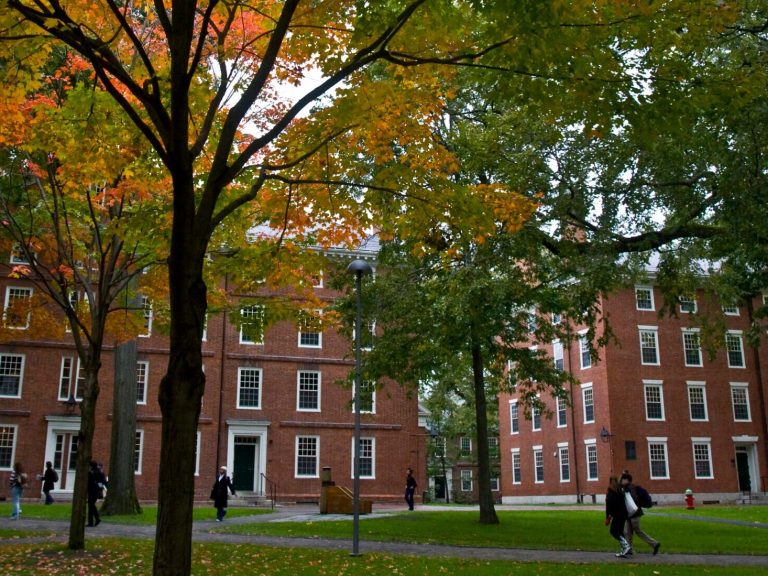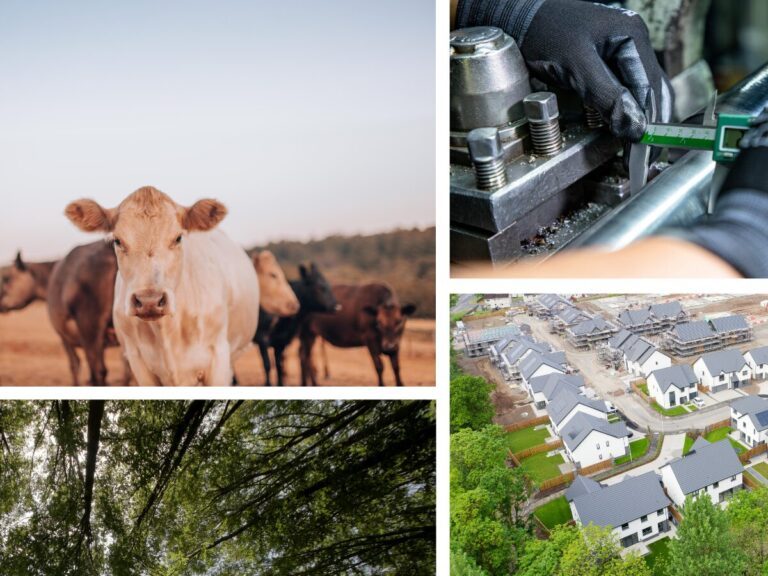Internal Funding

Climate and Sustainability Translational Fund
Co-sponsored by Harvard’s Office of Technology Development and the Salata Institute for Climate and Sustainability at Harvard, the Climate and Sustainability Translational Fund will provide essential gap funding for Harvard innovations focused on climate and sustainability to develop towards startup formation. In addition to funding, awardees will benefit from mentoring and guidance towards startup formation, creating the next generation of solutions to ensure a cleaner and healthier future.

Climate Research Clusters
The Salata Institute is committed to supporting research that promises to make a real-world impact on the climate crisis. The Climate Research Clusters Program delivers on that commitment by funding research about complex climate problems that produces useful and practical solutions. Clusters comprise interdisciplinary, cross-School teams of researchers, whose varied expertise is required to address the complexity of the problems that they seek to solve. The problems are broad enough that their solutions represent significant progress in meeting the world’s climate challenge.
Learn more about the Climate Clusters program
Explore the 2024 RFP
Read the FAQs

Seed Grant Program in Climate and Sustainability
The Salata Institute Seed Grant Program spurs new research, forges new interdisciplinary partnerships, and enables faculty whose work is not normally in climate and sustainability to apply their expertise to the pressing questions raised by climate change. The program also funds workshops focused on understudied and emerging topics in climate and sustainability. Proposals will be considered three times per year, with deadlines of the second Friday of January, May, and September.

Climate Change Solutions Fund
The Harvard University Climate Change Solutions Fund, established by President Emerita Drew Gilpin Faust in 2014, supports research and policy initiatives intended to reduce the risks of climate change, hasten the transition from fossil fuel-based energy systems to those that rely on renewable energy sources, to develop methods for diminishing the impact of existing fossil fuel-based energy systems on the climate, to understand and prepare for the impacts of climate change, and to propel scientific, technological, legal, behavioral, policy and artistic innovations needed to accelerate progress toward cleaner energy, improved human health, and a greener world.

Four Harvard research teams receive funding to advance climate change tech
With funding and support from the Climate and Sustainability Translational Fund, researchers will pursue green jet fuel, cleaner chemicals, sustainable packaging, and carbon storage.

Salata Institute funds five new climate research projects
On September 18th, the Salata Institute announced a fourth round of seed grant awards for work on understudied and emerging topics in climate and sustainability. The projects include research into upcycling dairy waste, the role of autoworkers in the EV transition, measuring the effectiveness of climate adaptation strategies, and more.
